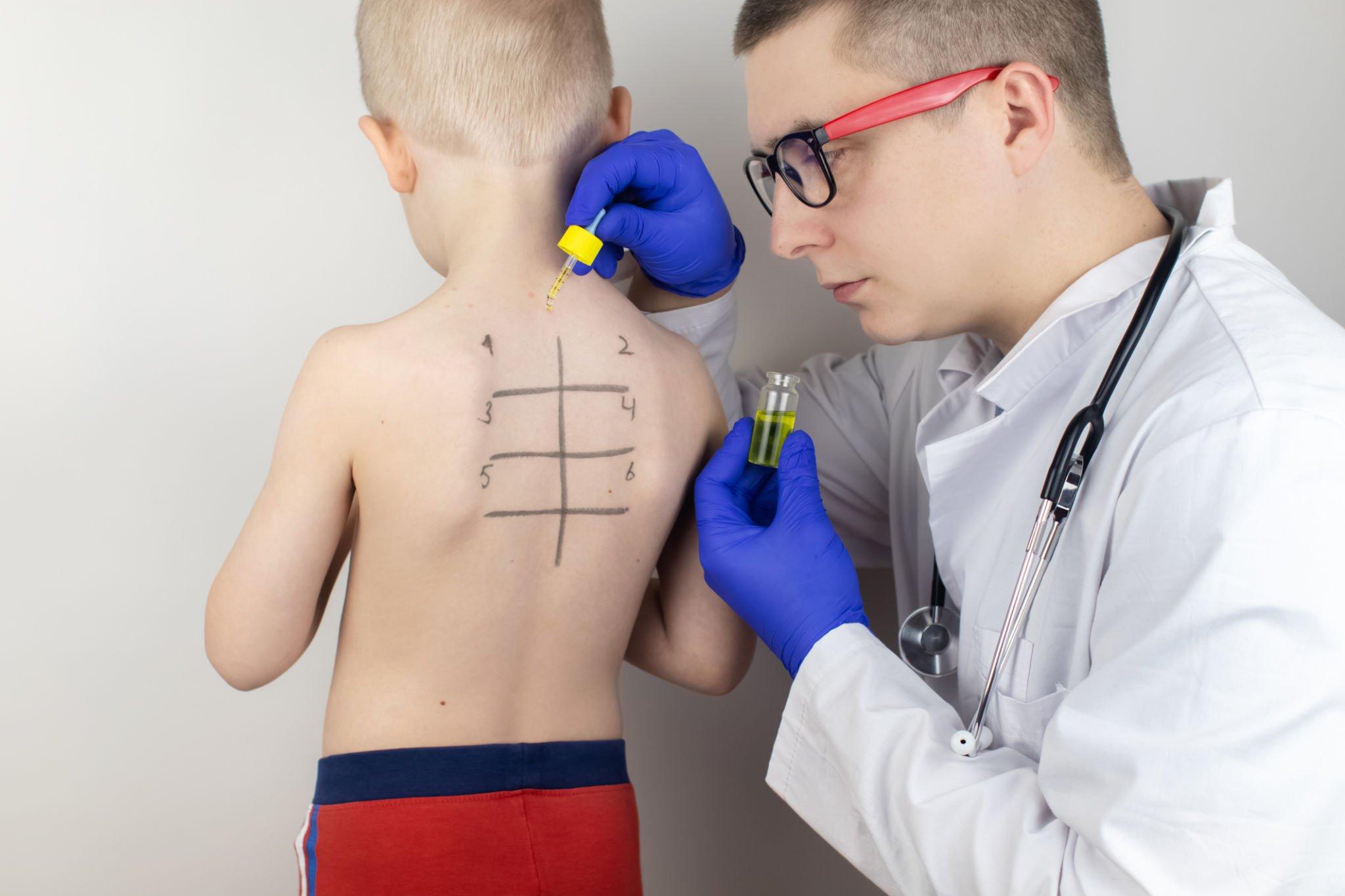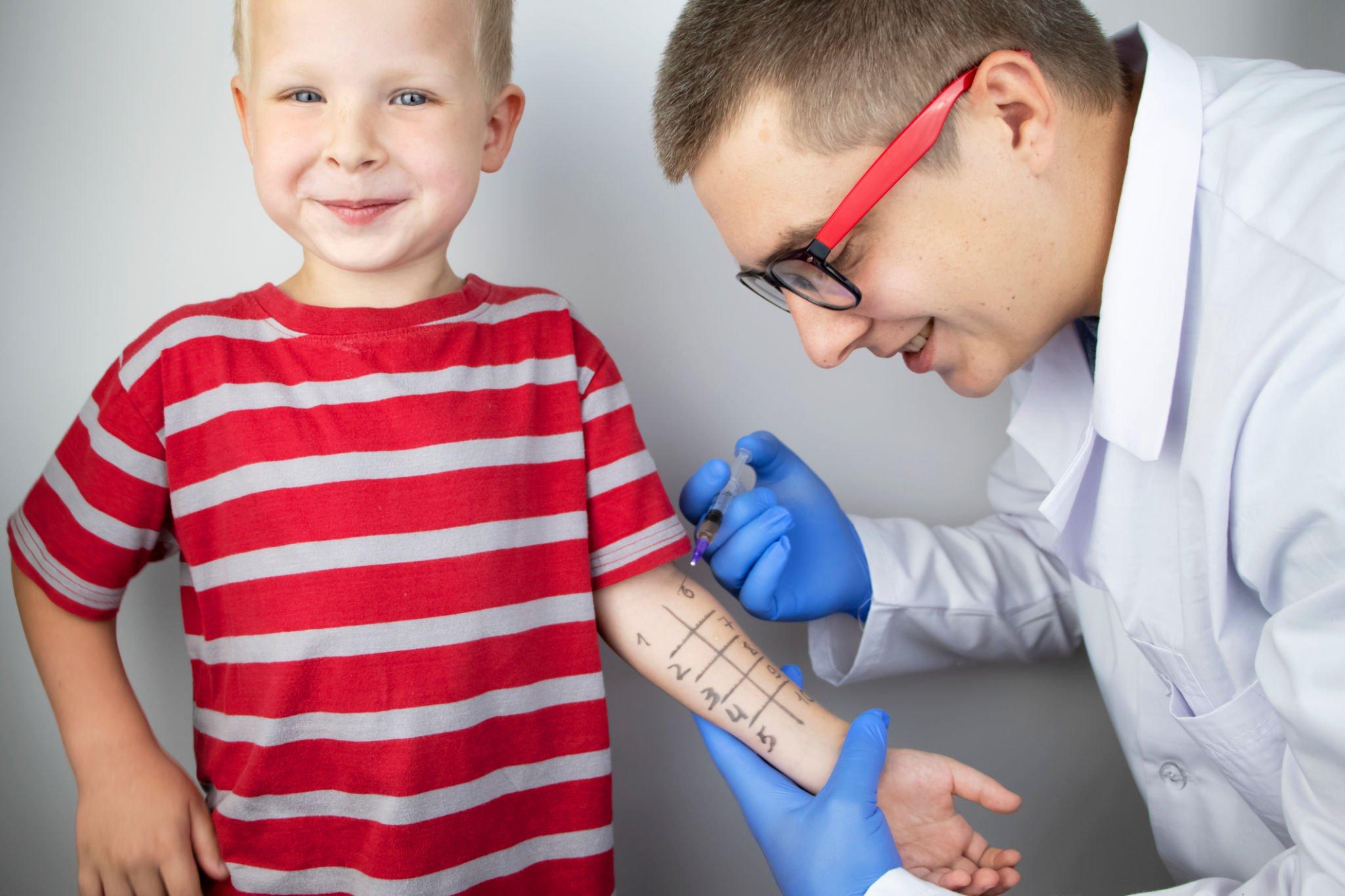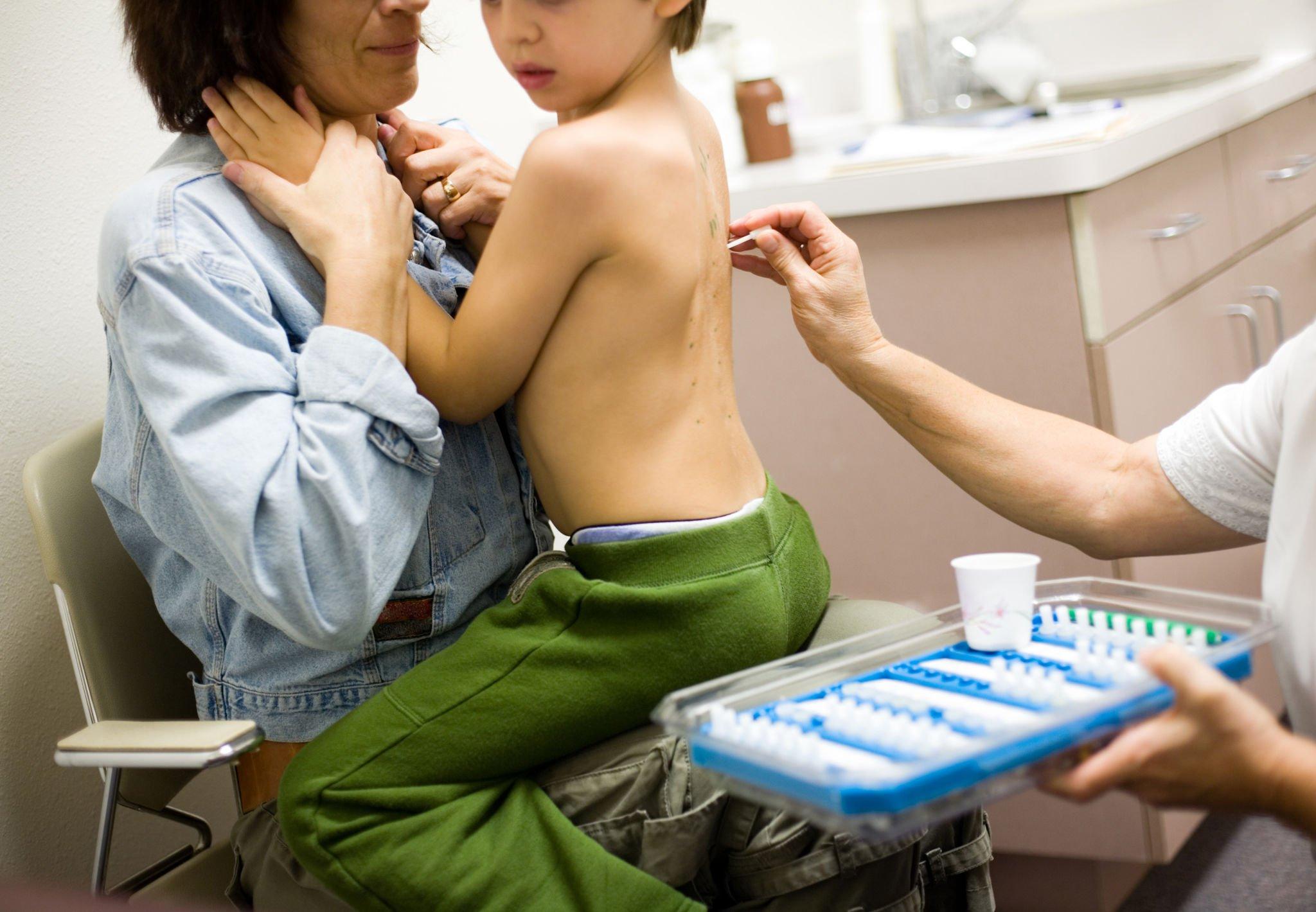Allergy Tests for Kids: Everything You Need to Know
Allergies are known to affect millions of kids every year around the world. For parents, it can be a challenging task to figure out what type of allergies their kids are suffering from, especially if they are still infants and can’t describe their symptoms clearly.
Nevertheless, for kids of any age, allergy testing can prove to be a valuable tool. It can help in identifying the triggers, as well as help the parents and doctors to come up with a suitable treatment plan.
Contents
When do kids develop allergies?

There are no specific age limits when it comes to allergies. Kids can develop allergies at any age. However, it is observed that babies below 6 months don’t develop allergies. Then again, the sooner you detect them, the sooner they can be treated.
Some of the basic allergy symptoms are:
- skin rashes
- coughing
- sneezing
- runny nose or congestion
- upset stomach
- trouble breathing
- itchy eyes
If you observe any of these symptoms, it is best to take advice from your pediatrician. If you are wondering about what age to test a baby for allergies, don’t worry there is no age limit for testing either. Allergy tests can be performed at any age.
However, the types of tests may differ depending on the age of the child. Also, depending on symptoms, an allergist will recommend different types of tests.
Common Types of Allergy Tests
1. Skin prick test
An allergist will prick the skin of your child with a small number of possible triggers. If they are allergic to a particular item, the spot will get red and itchy. In one sitting, they can test for up to 50 allergies.
2. Skin injection test
Using a needle, an allergist will inject a small amount of an allergen under the skin to see how it reacts.

3. Patch test
This test is used to check how the reaction is if the child’s skin is in contact with the allergen for a longer period.
4. Blood test
A small sample of blood will be taken and tested for such antibodies that are known to cause allergies.
5. Elimination of diet
In this test, the kid will be denied access to a few food items to verify if these items are causing the allergic reaction. This test will need some patience because only one food item will be tested at a time.
6. Food challenge test
A particular food item that could be causing an allergy will be given to the kid. The doctor will observe the child as he/she eats the food slowly and note down the reactions.
Preparing your child for allergy testing
Allergy tests take longer to perform compared to other usual tests. Therefore, preparing your child in advance can reduce their anxiety and stress. Try the following tips to make them comfortable.

Talk to them about the process
Explain the procedure in age-appropriate language. Let them know that the tests are performed to check if they are allergic in any way and the doctor and nurse will be performing these tests. Avoid using words like needle and blood. These terms can stress a child.
Maintain your cool
Your child will know if you are anxious or tense. So, to ensure that they remain calm, you have to be as well.
Follow prep instructions
Your allergist will give you a few instructions, following them is vital. These can be like avoiding certain food items or exposure for a period of 5 to 7 days before the test. Ensure you follow such instructions.
Offer distractions
Try to distract them using items like a book, a game, or gadgets like tablets and smartphones. This will take their mind off the tests.

Bring some comforting items along
Kids feel safe and secure if they have a few of their own comforting items around them. It is recommended that you bring along their favorite toy, blanket, or any item that you think they love and cherish.
Offer them a sweet reward
They have surely been very brave and deserve a reward for the same. Celebrate their co-operation and courage in some way.
Allergy tests can be intimidating, but with the right type of support, you can get through it very comfortably. So, instead of delaying it, just go for it.

